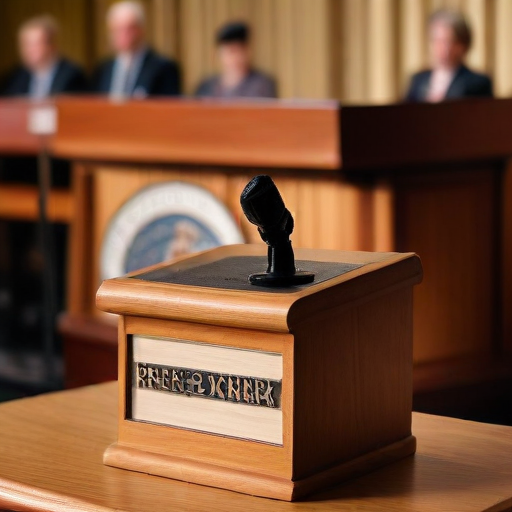Karoline Leavitt has been named the youngest White House press secretary in U.S. history, a significant milestone that highlights a new generation stepping into leadership roles in American politics. At just 27 years old, she will take on this influential role in Donald Trump’s upcoming administration.
In a statement, Trump praised Leavitt as “smart, tough, and a highly effective communicator.” He expressed confidence in her ability to convey the administration’s message to the American public as they work to “Make America Great Again.”
Before her appointment, Leavitt had a notable career trajectory that includes serving in the press office during Trump’s first term and working as the communications director for Congresswoman Elise Stefanik. She even ran for Congress herself in 2022, representing her views that align closely with Trump’s policies, focused on economic growth, tax cuts, and border security.
Leavitt’s academic background includes a degree in communications and political science from Saint Anselm College in New Hampshire. Her early experiences, including internships at Fox News and within the White House, shaped her career in press relations, leading her to further opportunities as a writer and assistant press secretary.
This appointment comes at a time when the press secretary’s role is particularly prominent, given the history of interactions with the media during Trump’s previous administration. With multiple press secretaries handling the demands of the role in the past, Leavitt has the chance to establish her own leadership style at the podium.
The appointment of such a young press secretary could inspire a new wave of younger individuals to engage in politics and public service. Her presence in the press briefing room could also lead to fresh dynamics in how news is communicated, reflecting changing demographics and expectations in political discourse.
In summary, Karoline Leavitt’s rise to the position of White House press secretary represents not only a new chapter for Trump’s administration but also a symbolic shift towards younger voices in American politics. Her story could encourage many young people to pursue careers in public relations, communications, and political engagement, further diversifying the landscape of political leadership in the nation.
